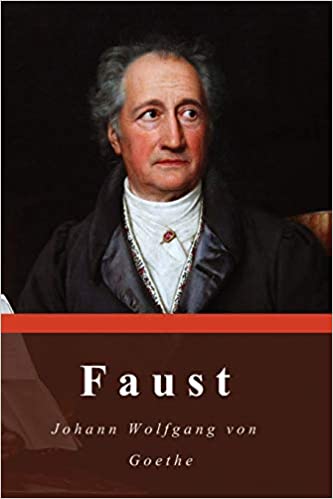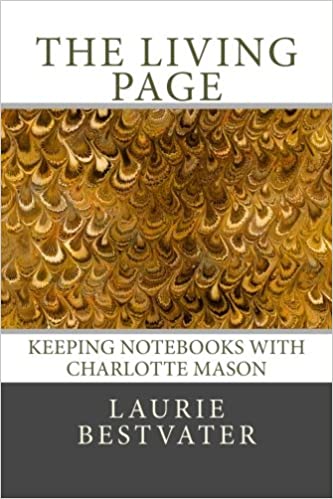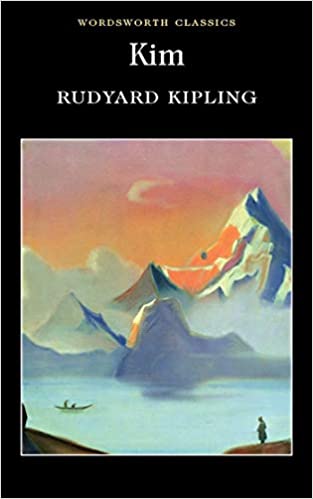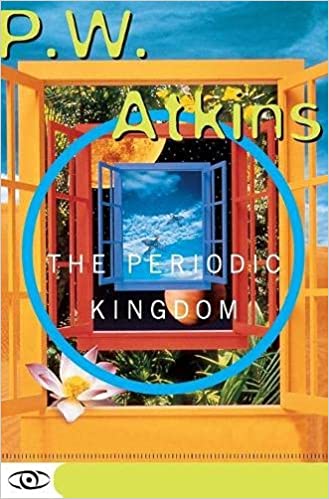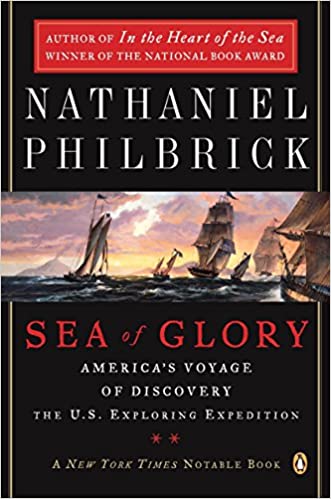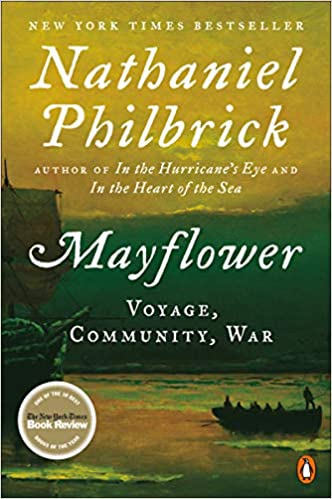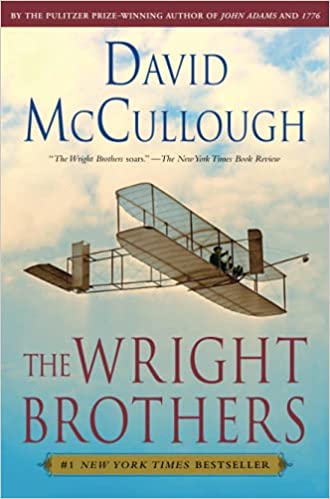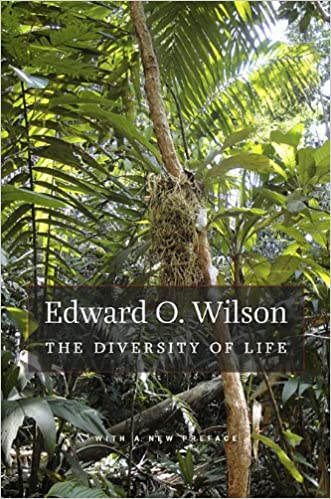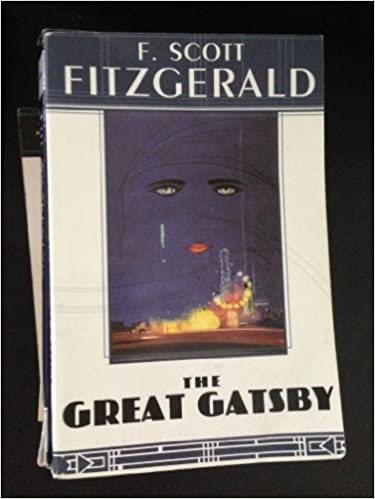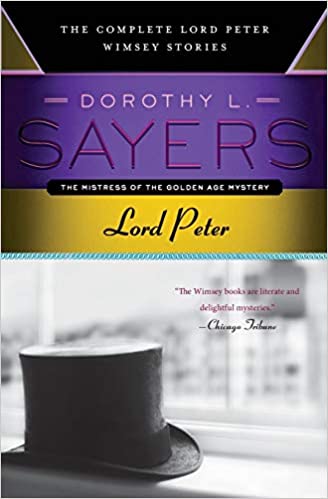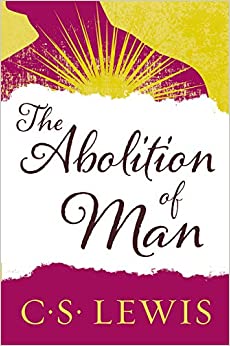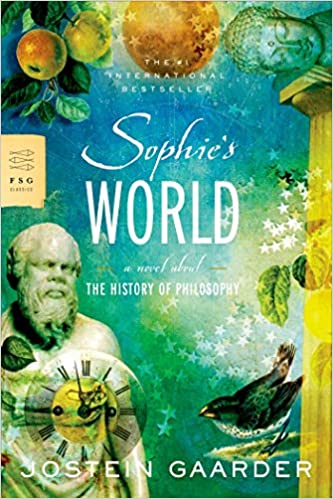Faust
Faust is the protagonist of a classic German legend. He is a scholar who is highly successful yet dissatisfied with his life, so he makes a pact with the Devil, exchanging his soul for unlimited knowledge and worldly pleasures. The Faust legend has been the basis for many literary, artistic, cinematic, and musical works that have reinterpreted it through the ages. Faust and the adjective Faustian imply a situation in which an ambitious person surrenders moral integrity in order to achieve power and success for a delimited term.The Faust of early books—as well as the ballads, dramas, movies, and puppet-plays which grew out of them—is irrevocably damned because he prefers human to divine knowledge; "he laid the Holy Scriptures behind the door and under the bench, refused to be called doctor of Theology, but preferred to be styled doctor of Medicine". Plays and comic puppet theatre loosely based on this legend were popular throughout Germany in the 16th century, often reducing Faust and Mephistopheles to figures of vulgar fun. The story was popularised in England by Christopher Marlowe, who gave it a classic treatment in his play, The Tragical History of Doctor Faustus. In Goethe's reworking of the story two hundred years later, Faust becomes a dissatisfied intellectual who yearns for "more than earthly meat and drink" in his life.
More info →The Living Page
"We all have need to be trained to see, and to have our eyes opened before we can take in the joy that is meant for us in this beautiful life." Charlotte Mason ~~~~~~~ "Composition books and blank journals are readily available at every big box and corner store, available so inexpensively as to be common and ironic as we reach that digital dominion, the projected 'paperless culture.' Shall we despair the future of the notebook? Is the practice an anachronism in an age where one's thoughts and pictures, doings and strivings are so easily recorded on a smartphone or blog,and students in even the youngest classrooms are handed electronic tablets with textbooks loaded and worksheets at the ready? Or is there something indispensable in the keeping of notebooks without which human beings would be the poorer?" THE LIVING PAGE invites the reader to take a closer look in the timeless company of 19th century educator, Charlotte Mason.
More info →Kim
This novel tells the story of Kimball O' Hara (Kim), who is the orphaned son of a soldier in the Irish regiment stationed in India during the British Raj. It describes Kim's life and adventures from street vagabond, to his adoption by his father's regiment and recruitment into espionage.
More info →The Periodic Kingdom
Come on a journey into the heart of matter -- and enjoy the process! -- as a brilliant scientist and entertaining tour guide takes you on a fascinating voyage through the Periodic Kingdom, the world of the elements. The periodic table, your map for this trip, is the most important concept in chemistry. It hangs in classrooms and labs throughout the world, providing support for students, suggesting new avenues of research for professionals, succinctly organizing the whole of chemistry. The one hundred or so elements listed in the table make up everything in the universe, from microscopic organisms to distant planets. Just how does the periodic table help us make sense of the world around us? Using vivid imagery, ingenious analogies, and liberal doses of humor P. W. Atkins answers this question. He shows us that the Periodic Kingdom is a systematic place. Detailing the geography, history and governing institutions of this imaginary landscape, he demonstrates how physical similarities can point to deeper affinities, and how the location of an element can be used to predict its properties. Here's an opportunity to discover a rich kingdom of the imagination kingdom of which our own world is a manifestation.
More info →Sea of Glory
America's first frontier was not the West; it was the sea, and no one writes more eloquently about that watery wilderness than Nathaniel Philbrick. In his bestselling In the Heart of the Sea Philbrick probed the nightmarish dangers of the vast Pacific. Now, in an epic sea adventure, he writes about one of the most ambitious voyages of discovery the Western world has ever seen—the U.S. Exploring Expedition of 1838–1842. On a scale that dwarfed the journey of Lewis and Clark, six magnificent sailing vessels and a crew of hundreds set out to map the entire Pacific Ocean and ended up naming the newly discovered continent of Antarctica, collecting what would become the basis of the Smithsonian Institution. Combining spellbinding human drama and meticulous research, Philbrick reconstructs the dark saga of the voyage to show why, instead of being celebrated and revered as that of Lewis and Clark, it has—until now—been relegated to a footnote in the national memory.
More info →Mayflower
How did America begin? That simple question launches the acclaimed author of In the Hurricane's Eye and Valiant Ambition on an extraordinary journey to understand the truth behind our most sacred national myth: the voyage of the Mayflower and the settlement of Plymouth Colony. As Philbrick reveals in this electrifying history of the Pilgrims, the story of Plymouth Colony was a fifty-five year epic that began in peril and ended in war. New England erupted into a bloody conflict that nearly wiped out the English colonists and natives alike. These events shaped the existing communites and the country that would grow from them.
More info →The Wright Brothers
On a winter day in 1903, in the Outer Banks of North Carolina, two brothers—bicycle mechanics from Dayton, Ohio—changed history. But it would take the world some time to believe that the age of flight had begun, with the first powered machine carrying a pilot.
Orville and Wilbur Wright were men of exceptional courage and determination, and of far-ranging intellectual interests and ceaseless curiosity. When they worked together, no problem seemed to be insurmountable. Wilbur was unquestionably a genius. Orville had such mechanical ingenuity as few had ever seen. That they had no more than a public high school education and little money never stopped them in their mission to take to the air. Nothing did, not even the self-evident reality that every time they took off, they risked being killed.
In this “enjoyable, fast-paced tale” (The Economist), master historian David McCullough “shows as never before how two Ohio boys from a remarkable family taught the world to fly” (The Washington Post) and “captures the marvel of what the Wrights accomplished” (The Wall Street Journal). He draws on the extensive Wright family papers to profile not only the brothers but their sister, Katharine, without whom things might well have gone differently for them. Essential reading, this is “a story of timeless importance, told with uncommon empathy and fluency…about what might be the most astonishing feat mankind has ever accomplished…The Wright Brothers soars” (The New York Times Book Review).
More info →The Diversity of Life
“In the Amazon Basin the greatest violence sometimes begins as a flicker of light beyond the horizon. There in the perfect bowl of the night sky, untouched by light from any human source, a thunderstorm sends its premonitory signal and begins a slow journey to the observer, who thinks: the world is about to change.” Watching from the edge of the Brazilian rain forest, witness to the sort of violence nature visits upon its creatures, Edward O. Wilson reflects on the crucible of evolution, and so begins his remarkable account of how the living world became diverse and how humans are destroying that diversity.
Wilson, internationally regarded as the dean of biodiversity studies, conducts us on a tour through time, traces the processes that create new species in bursts of adaptive radiation, and points out the cataclysmic events that have disrupted evolution and diminished global diversity over the past 600 million years. The five enormous natural blows to the planet (such as meteorite strikes and climatic changes) required 10 to 100 million years of evolutionary repair. The sixth great spasm of extinction on earth―caused this time entirely by humans―may be the one that breaks the crucible of life. Wilson identifies this crisis in countless ecosystems around the globe: coral reefs, grasslands, rain forests, and other natural habitats. Drawing on a variety of examples such as the decline of bird populations in the United States, the extinction of many species of freshwater fish in Africa and Asia, and the rapid disappearance of flora and fauna as the rain forests are cut down, he poignantly describes the death throes of the living world’s diversity―projected to decline as much as 20 percent by the year 2020.
All evidence marshaled here resonates through Wilson’s tightly reasoned call for a spirit of stewardship over the world’s biological wealth. He makes a plea for specific actions that will enhance rather than diminish not just diversity but the quality of life on earth. Cutting through the tangle of environmental issues that often obscure the real concern, Wilson maintains that the era of confrontation between forces for the preservation of nature and those for economic development is over; he convincingly drives home the point that both aims can, and must, be integrated. Unparalleled in its range and depth, Wilson’s masterwork is essential reading for those who care about preserving the world biological variety and ensuring our planet’s health.
More info →The Great Gatsby
The Great Gatsby, F. Scott Fitzgerald’s third book, stands as the supreme achievement of his career. First published in 1925, this quintessential novel of the Jazz Age has been acclaimed by generations of readers. The story of the mysteriously wealthy Jay Gatsby and his love for the beautiful Daisy Buchanan, of lavish parties on Long Island at a time when The New York Times noted “gin was the national drink and sex the national obsession,” it is an exquisitely crafted tale of America in the 1920s.
More info →Lord Peter: The Complete Lord Peter Wimsey Stories
One of the founding mothers of mystery, Dorothy L. Sayers first introduced the popular character Lord Peter Wimsey in 1923 with the publication of Whose Body? Over the next twenty years, more novels and short stories about the aristocratic amateur sleuth appeared, each one as cunningly written as the next. Now in a single volume, here are all of the Lord Peter Wimsey stories: a treasure for any mystery lover. From "The Fantastic Horror of the Cat in the Bag" to "The Image in the Mirror" and "Talboys," this collection is Lord Peter at his best—and a true testament to the art of detective fiction.
More info →The Abolition of Man
From Amazon: "In the classic The Abolition of Man, C.S. Lewis, the most important Christian writer of the 20th century, sets out to persuade his audience of the importance and relevance of universal values such as courage and honor in contemporary society. Both astonishing and prophetic, The Abolition of Man is one of the most debated of Lewis's extraordinary works. National Review chose it as number seven on their 100 Best Nonfiction Books of the Twentieth Century."
More info →Sophie’s World
A page-turning novel that is also an exploration of the great philosophical concepts of Western thought, Jostein Gaarder's Sophie's World has fired the imagination of readers all over the world, with more than twenty million copies in print.
One day fourteen-year-old Sophie Amundsen comes home from school to find in her mailbox two notes, with one question on each: "Who are you?" and "Where does the world come from?" From that irresistible beginning, Sophie becomes obsessed with questions that take her far beyond what she knows of her Norwegian village. Through those letters, she enrolls in a kind of correspondence course, covering Socrates to Sartre, with a mysterious philosopher, while receiving letters addressed to another girl. Who is Hilde? And why does her mail keep turning up? To unravel this riddle, Sophie must use the philosophy she is learning―but the truth turns out to be far more complicated than she could have imagined.
More info →
